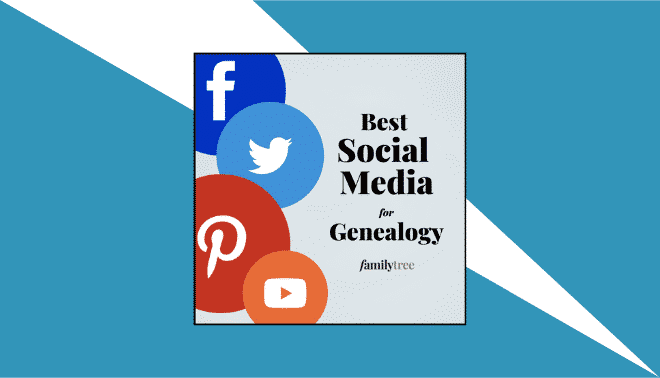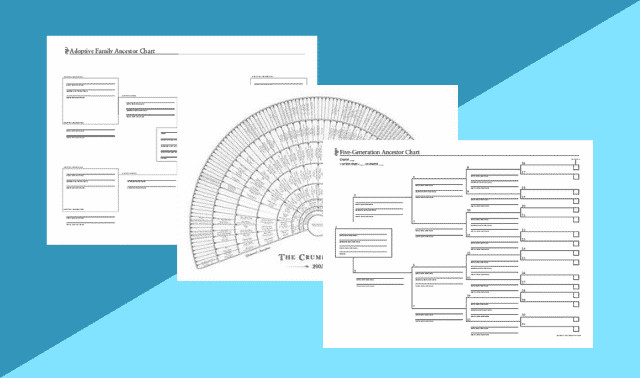Sign up for the Family Tree Newsletter! Plus, you’ll receive our 10 Essential Genealogy Research Forms PDF as a special thank you.
Get Your Free Genealogy Forms
"*" indicates required fields
It’s often said that once it’s online, it’s forever—a phrase meant to caution people against posting material they might later regret. But perhaps the internet’s incomparable memory can offer some comfort. Its inability to forget makes it an excellent tool for memorializing those who are no longer with us.
This is especially true on popular social media platforms, namely Facebook. In that regard, Facebook is more than a website for connecting with friends and family; it can also serve as a place to remember the dead. Below are some strategies for using Facebook to memorialize loved ones on Facebook.
Have Account Converted into a Memorialized Account
Facebook will memorialize the accounts of people who have passed away. When an account is memorialized, it does not disappear. (although there are steps you can take to do this if that is what your loved one requested). Their photos can still be viewed and, if privacy settings allow it, friends and family can post memories to the timeline. The word “Remembering” will appear next to their name to distinguish the profile from a standard Facebook account.
If you would like for Facebook to memorialize a loved one’s account, you will need to contact Support by filling out a form. The form will ask for some specific information: the URL to the person’s profile, your email address, death date, and documentation of the death. You will need to provide some proof of death, like an obituary.
To manage a memorialized account, you will need to have been named a legacy contact by the account’s owner. As a legacy contact, you can complete such actions as changing the profile and cover photos, responding to outstanding friend requests and creating a pinned post.
Start a Facebook Group
A Facebook group allows many users to come together to celebrate a deceased person’s life. In such a group, family members and friends can share memories, photos, videos and more. The group can also be used as a place of support, where people can reminisce and grieve in a safe, comfortable space. You can also use the group to organize special events—for example, a memorial service in the person’s name or an outing in their honor.
Creating a group is a relatively straightforward process. Anyone can create a group in someone’s memory; they do not have to be a legacy contact. You can also customize the group’s name, cover photo and description to honor the person’s legacy. Invite family and friends to join the group and contribute as much as they desire.
Create a Memorial Facebook Page
Facebook groups give family and friends the opportunity to come together and share memories in a private setting. That said, not everyone feels comfortable joining Facebook groups or prefers to limit the number of groups to which they are members. Additionally, you may wish to share some materials—like old photos, memorial cards, artwork–with a larger audience who may not be part of the close-knit group. In this case, you might consider creating a memorial page. Like a group, you can invite people to the page, but they don’t have to commit to joining. They can simply “like” the page and see new posts whenever you choose to update it.
Dedicate Days to Posting About Your Loved One
Maybe when your Great Aunt Mary’s birthday rolls around, you share photos that capture her throughout her entire life. Maybe at Christmas, you post the special recipes that Grandma always made to transform the holiday into something magical. Or maybe you simply write up a heartfelt dedication on the day of your loved one’s passing. Whatever you decide, honoring your loved ones on specific days allows you to shine their light into the world at times that feel right to you and perhaps even give others the chance to share how their lives were changed by your loved one.
Post to Groups Your Loved One Enjoyed
If your loved one was active on Facebook, they might have been members of some groups themselves. If you feel comfortable, you might consider sharing their legacy in some of their most active groups. For example, if your grandfather really enjoyed bird watching and taking photos, you might share some of his most treasured pictures with the local wildlife group in which he was a member.
Related Reads
Last Updated: February 2025








